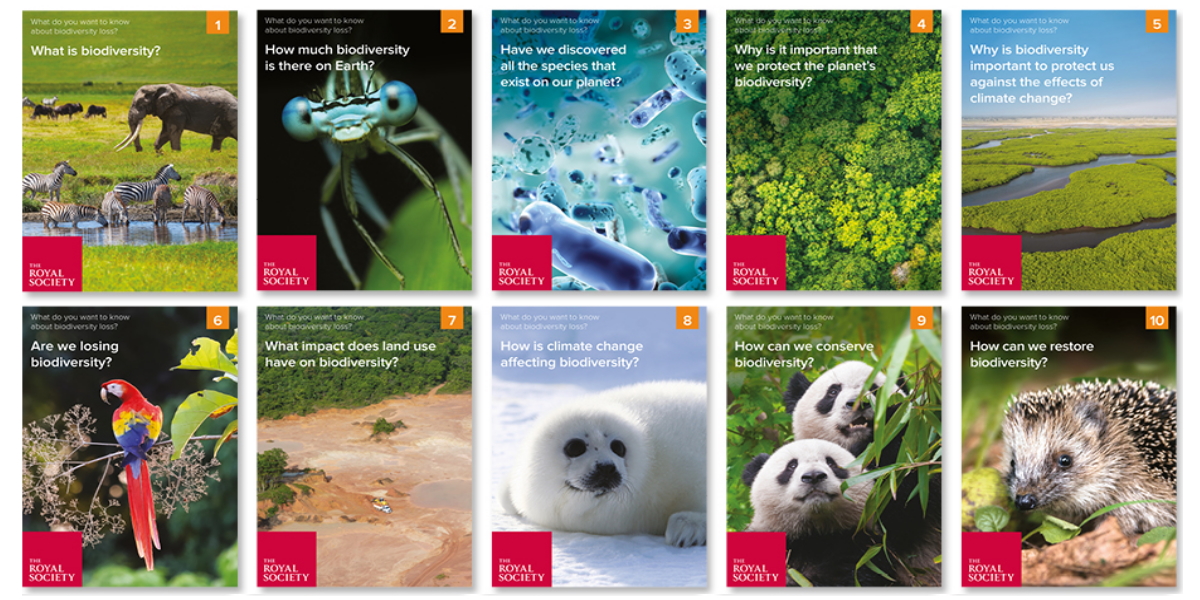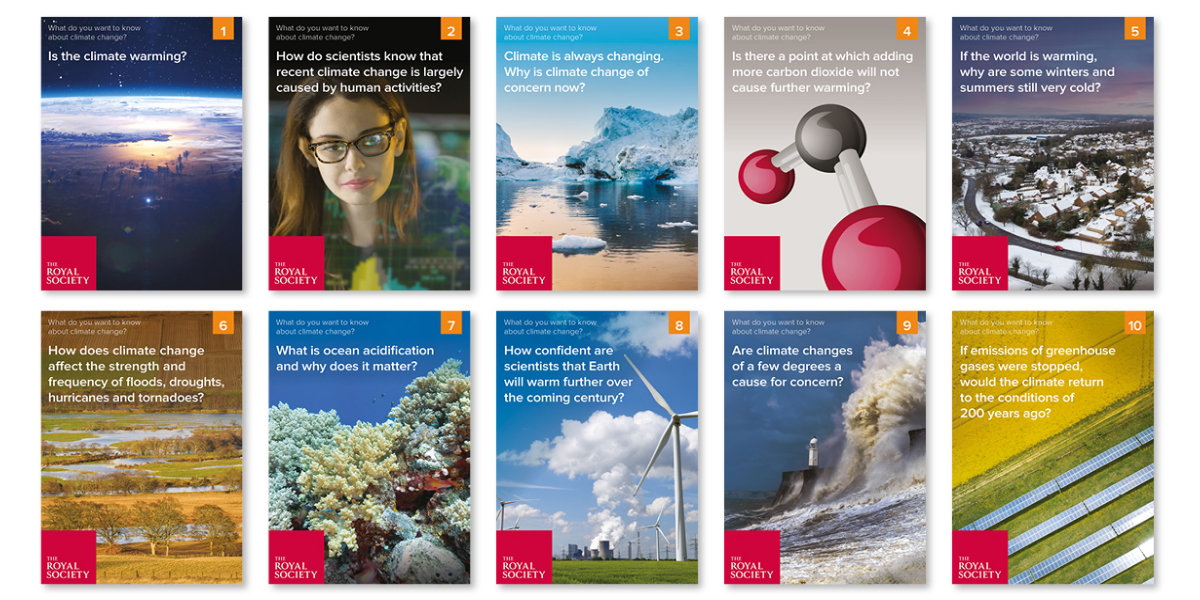Filters
Clear allSubject
- Careers (4) Apply Careers filter
- Climate Change (2) Apply Climate Change filter
- Computing (5) Apply Computing filter
- Creative arts and media (1) Apply Creative arts and media filter
- (-) Remove Cross curricular filter Cross curricular
- Design and technology (10) Apply Design and technology filter
- Engineering (7) Apply Engineering filter
- Leadership (1) Apply Leadership filter
- Mathematics (8) Apply Mathematics filter
- Personal development (1) Apply Personal development filter
- Science (20) Apply Science filter
- STEM Clubs (1) Apply STEM Clubs filter
Age range
Type
- Activity sheet (11) Apply Activity sheet filter
- Article (1) Apply Article filter
- Group work (2) Apply Group work filter
- Information sheet (6) Apply Information sheet filter
- Interactive resource (2) Apply Interactive resource filter
- Open-ended task (1) Apply Open-ended task filter
- Poster (6) Apply Poster filter
- Presentation (10) Apply Presentation filter
- Research (3) Apply Research filter
- Self assessment (1) Apply Self assessment filter
- (-) Remove Teacher guidance filter Teacher guidance
- Video (3) Apply Video filter
- Include Physical Resources (0) Apply Include Physical Resources filter
Showing 29 results
Stop the spread is a new STEM challenge for students aged 7 to 16. Highlighting the global issue of infectious disease students design, build and test a model of a hand washing device and produce educational materials for children in Kenya to encourage hand washing. It is accredited for the British Science...
A useful handbook for setting up a student-led STEM club, with exemplars from three schools.
It is increasingly recognised that giving students opportunities to act as ambassadors and mentors for STEM subjects outside of school can be of great benefit to the individual, their institution, and to the broader...
This report from Ofsted is based on a survey into the impact in schools of the government’s strategy for continuing professional development (CPD). The strategy was introduced in 2001 and subsequently relaunched in 2005. It aims to promote the benefits of CPD, help teachers make the most of the choices available,...
This report from the Department of Education and Science published in March 1981 sets out the governments recommendations for the school curriculum for the 5-16 age range as a result of several years of public discussion and government consultation. This report predates, but would have influenced the content of,...
This Double Crossed resource uses the context of the excavation of an Egyptian tomb to learn about the main organs in the human body. The students evaluate evidence from a recently discovered mummy to draw conclusions about the person’s life and the cause of death.
A cut and stick activity is used to...
Helen Walker and Karen Ashforth from Birley...
This Double Crossed activity, from the Centre for Science Education and supported by the Astra Zeneca Teaching Trust, is set during World War Two. There is a mystery to solve, following an air raid, and students will need to use both science and history skills to get to the bottom of it. They are expected to...
This activity away from the computer is from the Barefoot Computing project. It is intended to provide a theoretical understanding of why and how variables are used in computer programming, using the example of score-keeping in a classroom quiz. Involving several volunteers from the group, the activity uses...
Aimed at students aged 5-14 years, this pack contains a range of different activities based on the theme of waste. The activities cover a mixture of topics including: the environment and pollution, recycling, separating materials, waste degradation, and digestion. Designed for use in class or within a science week...

These evidence-based, question and answer style classroom resources can be used to engage students of all ages...

These evidence-based, question and answer style classroom resources can be used to engage students in the climate...
In this activity children take on the role of Earth observation scientists submitting a request for an image they would like for their research. This gives them the opportunity to consider the possibilities of pictures taken from orbit (and the limitations) and to write scientifically for a specific audience. It...
These resources offer a series of activities to use alongside the six books which have been shortlisted for the Young People’s Book Prize 2022. The activities include investigations and experiments related to various topics, such as materials and structures, biodiversity, micro-organisms, water and food waste as...
These resources offer a series of activities to use alongside the six books which have been shortlisted for the Young People’s Book Prize 2023. The activities include investigations and experiments related to various topics, such as our bodies, viruses and bacteria, invertebrates and space, as well as various...
